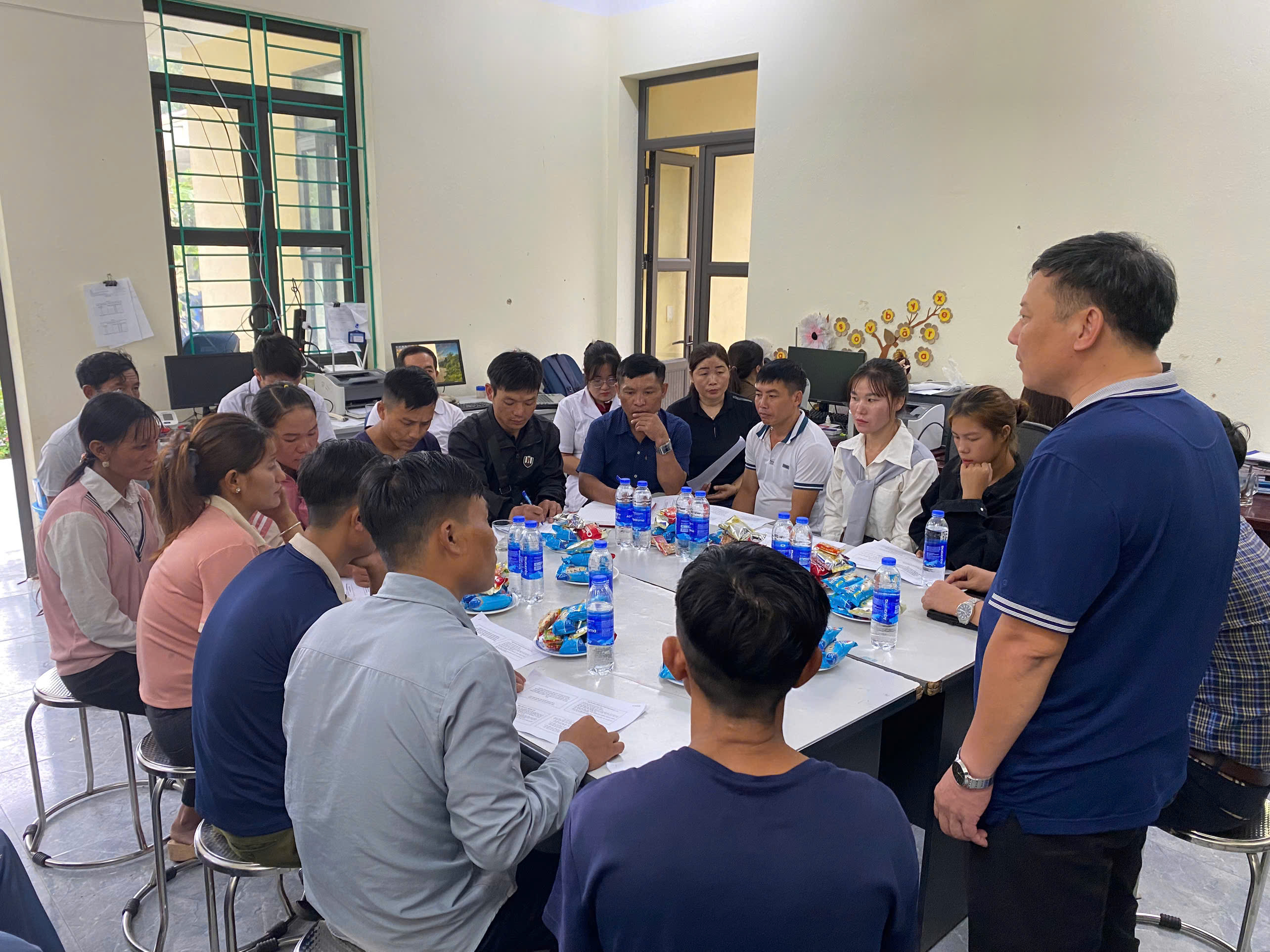.jpeg)
There is a better world I see without malaria – and it isn’t a dream. Rainforest sounds would outweigh the cries of despair. In this lifetime, healthy communities can thrive. We just need to work towards it, together.
For most people in Papua New Guinea, distance isn’t measured by miles alone. Widely dispersed are its diverse ecosystem of rainforests and mountains; savannah woodlands and grasslands – and so too, are its people. With much of its main population spread across remote settlements, dense rainforests and rugged coastal areas, access to health facilities can be challenging, if not impossible.
Henry Tamani Saofe comes from a remote rural part in the northern province of Papua New Guinea but grew up in an urban settlement, about 2 to 3 kilometres away from the main town. Like many Papua New Guineans, he learned early that essential health services were often far, and at times out of reach. He shares: “Most people aren’t able to come to town often, where the nearest health facilities are. The roads are poor, and getting there often means a long journey by boat and on foot – across bushland and rugged terrain.”
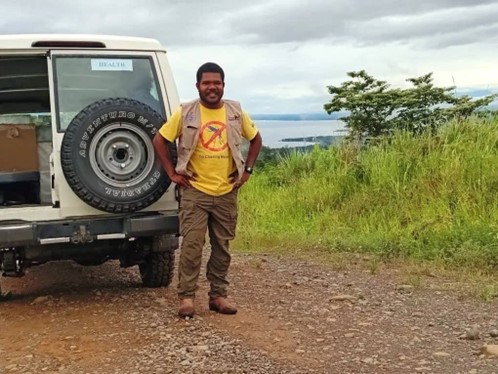
Besides its exceptional geography, Papua New Guinea is renowned for its cultural diversity, with over 800+ languages spoken across distinct tribes and ethnic groups – with three or four languages being spoken in a single village. Despite these differences, Henry recounts how different cultures come together to live amongst each other, participating in sports or sharing meals, and even celebrating the life or death of a family member in the province.
As a registered nurse in Papua New Guinea, Henry is currently based in the Northern Province, as a Provincial Malaria Supervisor with Rotarians Against Malaria in partnership with Northern Provincial Health Authority and the National Department of Health. Witnessing the struggles around him and the poor access to health and basic services was a motivation for Henry. These days, he spends much of his time in the fields, several kilometres from the nearest town, visiting facilities within the province. He meets people from diverse cultures, listening to stories of their resilience and experiences, understanding more each day about their daily struggles while they live with the country’s burden of malaria.
.jpeg)
For Papua New Guinea’s hardest-to-reach settlements, the community malaria volunteers offer a lifeline, volunteering day and night to provide basic malaria testing and treatment. Treating a malaria case could be a matter of life and death – when promptly treated, a simple case could prevent severe malaria admissions and death. Shares Henry: “When I first started in February 2024, we saw about 200 malaria cases per month. It has been remarkable to see the efforts of our community malaria volunteers bringing these numbers down to just two or three per month.”
Henry recalls a period of malaria resurgence last year in a province that was seeing a lot of deaths within a month – and many had to be referred to the hospital in town. He adds: “When one patient that was referred to main hospital due to a disease outbreak eventually passed, it was extremely hard for her family to retrieve her back to the village.”
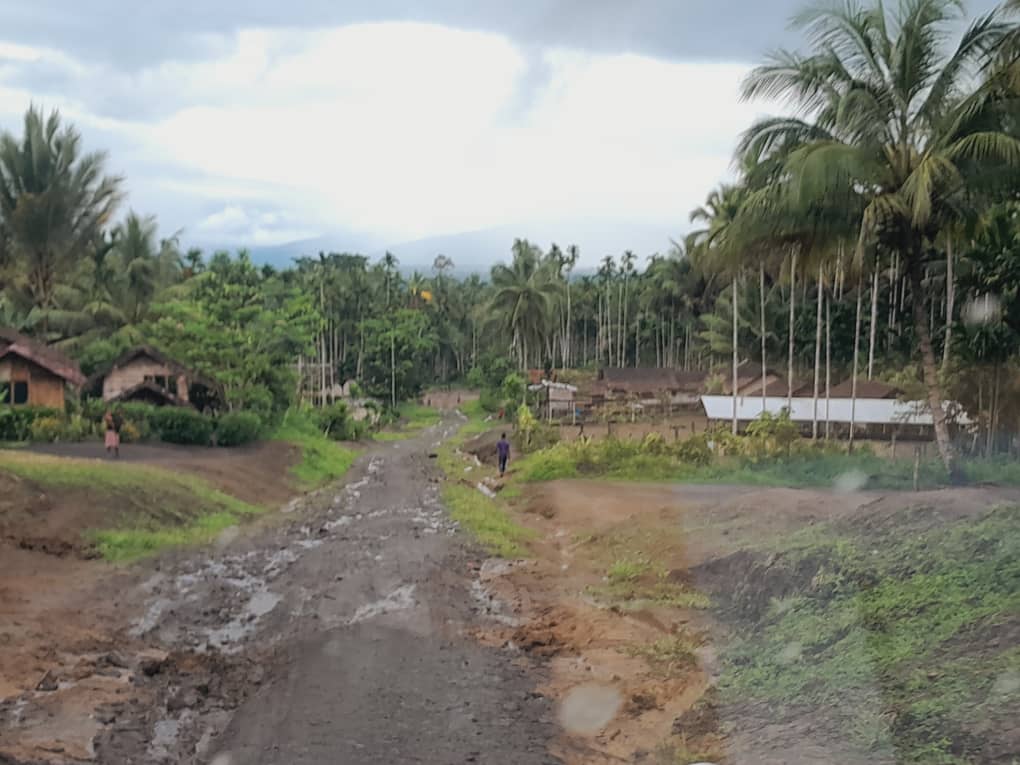
The road back to the village was indeed challenging. Going beyond his work as malaria officer, Henry and his team accompanied the family throughout the journey pushing through the big river and the rough mountain terrain, where even vehicles cannot pass. With much difficulty, they finally arrived back in the village, where community leaders greeted him with tears of relief. This moment stayed with Henry – serving as a motivation to remain present for communities, especially when it matters most.
As an officer on the ground and a driving force behind the malaria program, Henry hopes for the health system to improve. He sees rural facilities struggle with shortages of medicine and a lack of staff. He sees many in the remotest parts still forced to make difficult journeys to the main centres, which create inefficiencies within villages.
He shares, “People in remote and rural areas need better access to basic and testing treatments. Bringing these services directly to the community level can truly save lives and that’s something I feel deeply about.”
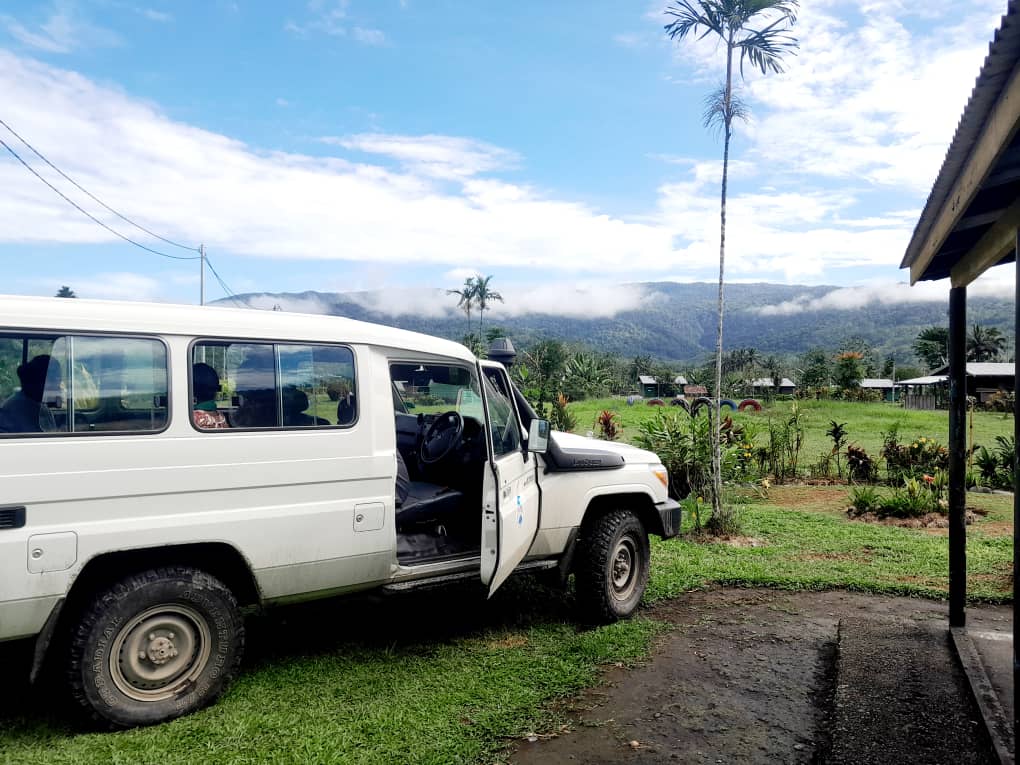
However, few volunteers are able to fully commit to living within these hard-to-reach areas. Though many health workers want to serve these communities, many eventually leave due to the lack of essential services such as education, road access, preferring to move to urban areas where daily life is easier to manage.
Another persistent challenge continues stall elimination progress. Despite widespread distribution of long lasting insecticide nets (LLINs) throughout the communities, their bio-efficacy have been left wanting. “Over time, the strength of these mosquito nets started to wear off, so people started to use these as nets for fishing or other activities instead,” shares Henry.
.jpeg)
He adds: “People prefer to sleep without mosquito nets and are having later bedtimes at around 1 or 2am – and you can see behavioural changes with mosquitoes, which adapt to these lifestyles and start biting at night instead.”
Henry believes that mosquito prevention starts with educational awareness within the community: “We need to step in as advocates and educate people on how to look after themselves and the environment around them. They need to understand the purpose of these mosquito nets and the advocacy efforts, in order to truly benefit from it.”
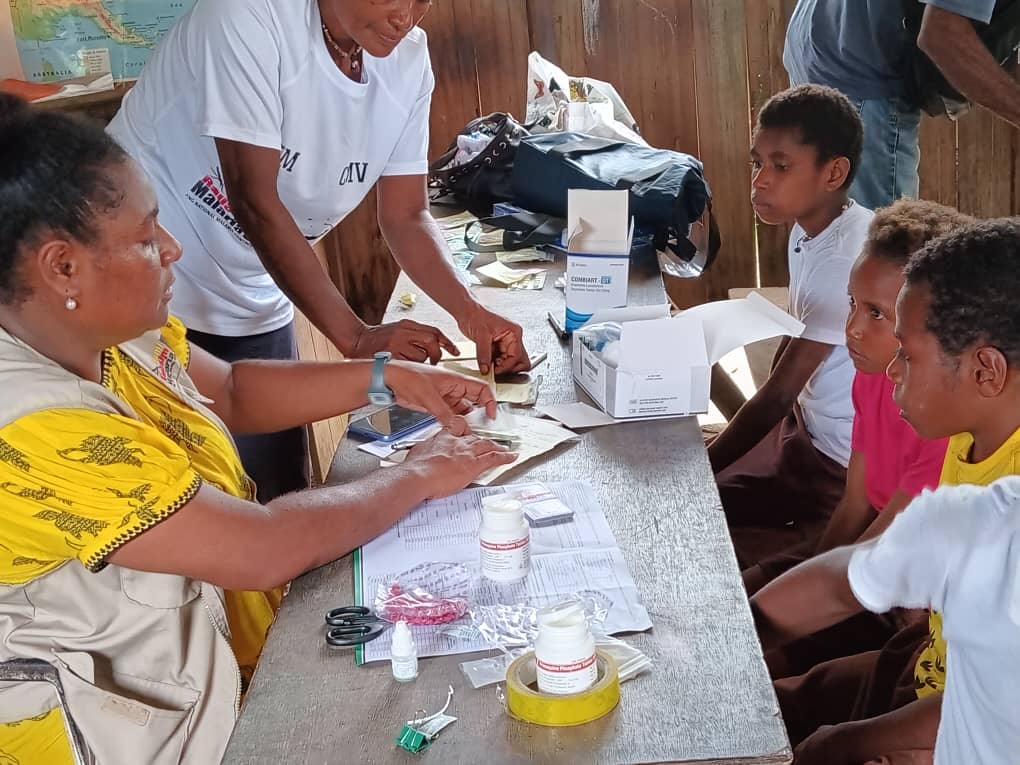
These days, Henry and his team volunteer on the community level, working hard to bring us closer to a world without malaria. The Papua New Guinea he knows still sees the parasite every day in the halls of its hospitals, local facility centres, and villages – but he believes that efforts are pointing towards a better world ahead of us.
He muses:
“A better world I see thrives with healthy families, because a healthy family projects a healthy community, society and nation too. When you are healthy, you get to contribute better to the socioeconomic of your family and your country. Which starts a positive cycle of productivity and well-being for the whole community. I hope that for our world as well, and I know we will keep fighting for that.”
Photo credits to Henry Tamani Saofe.
.svg)




